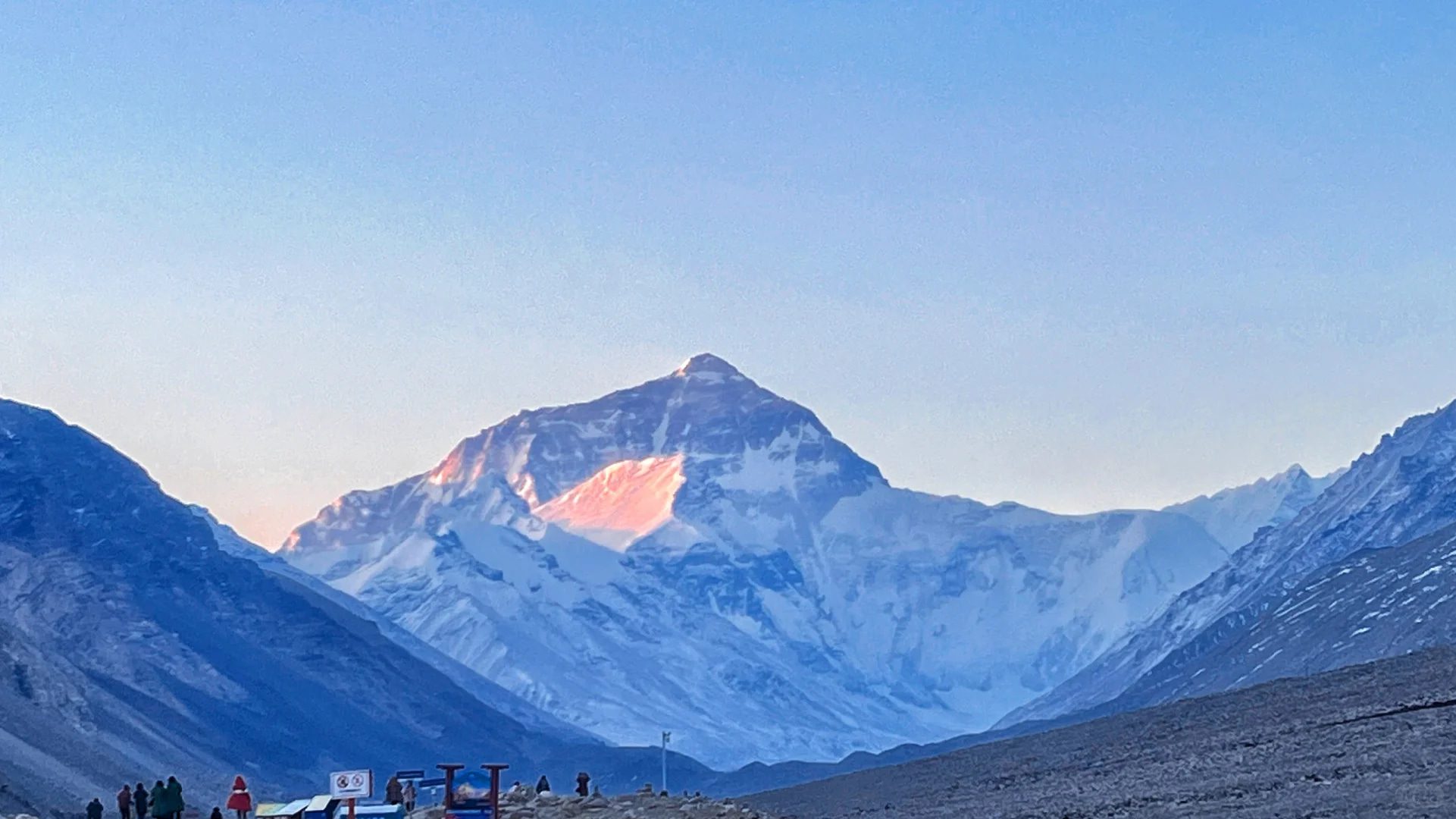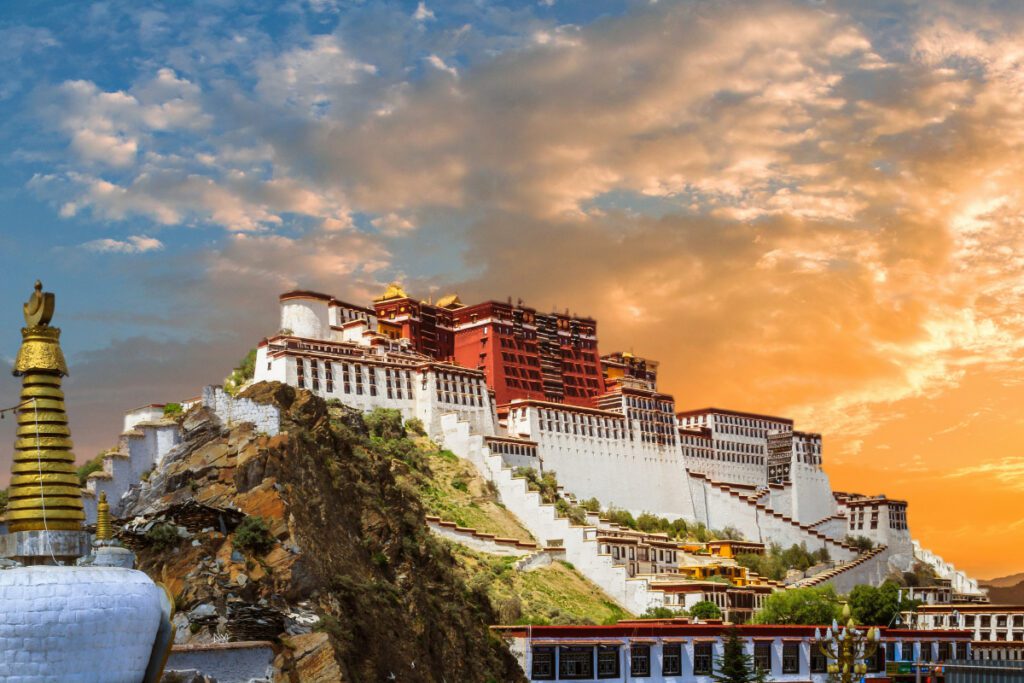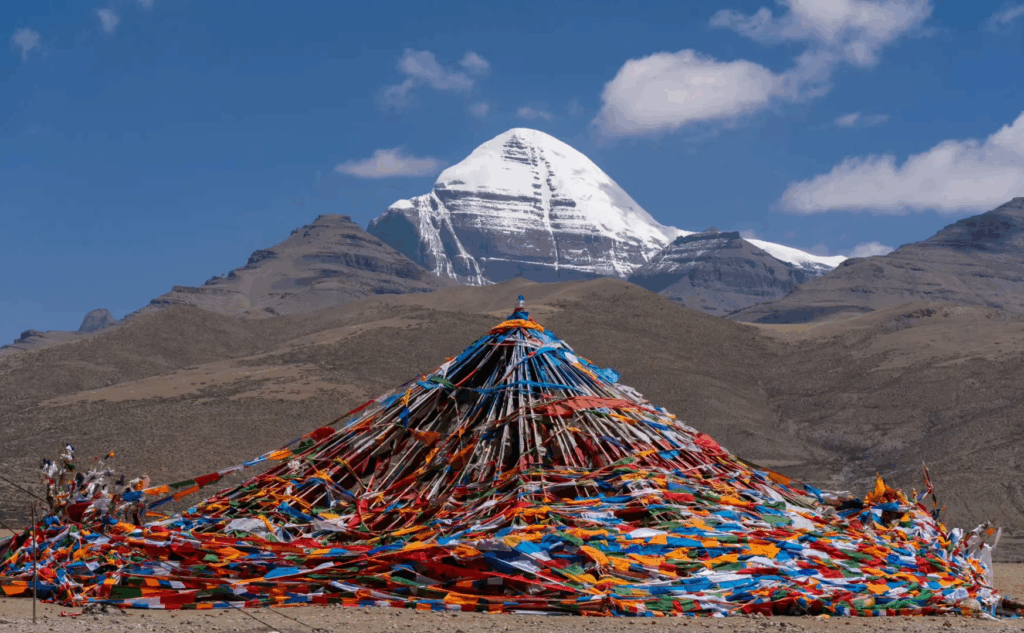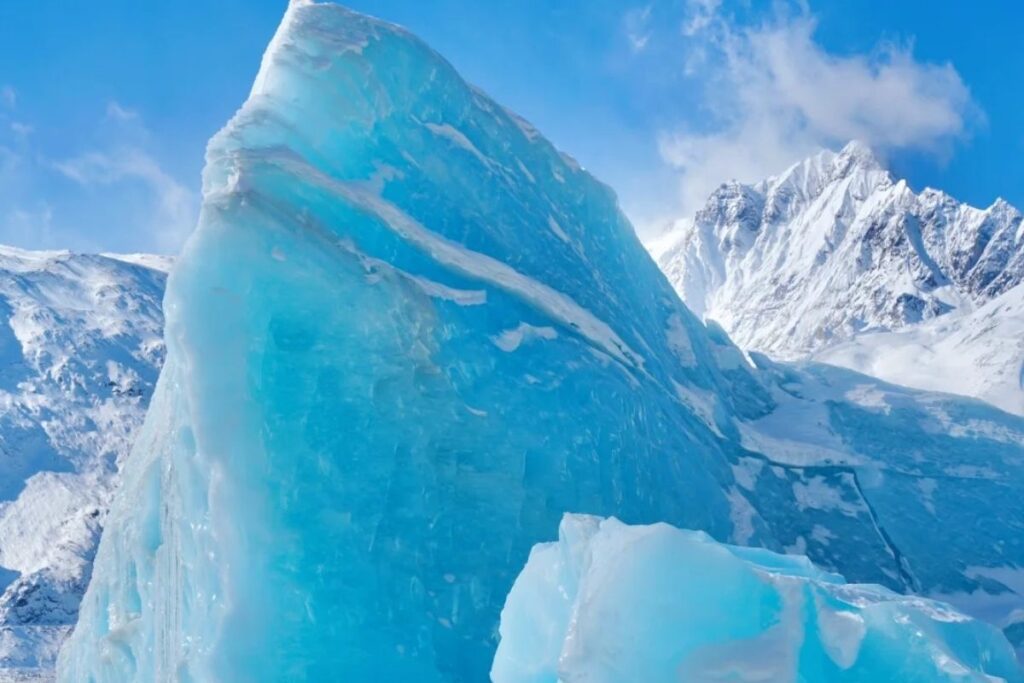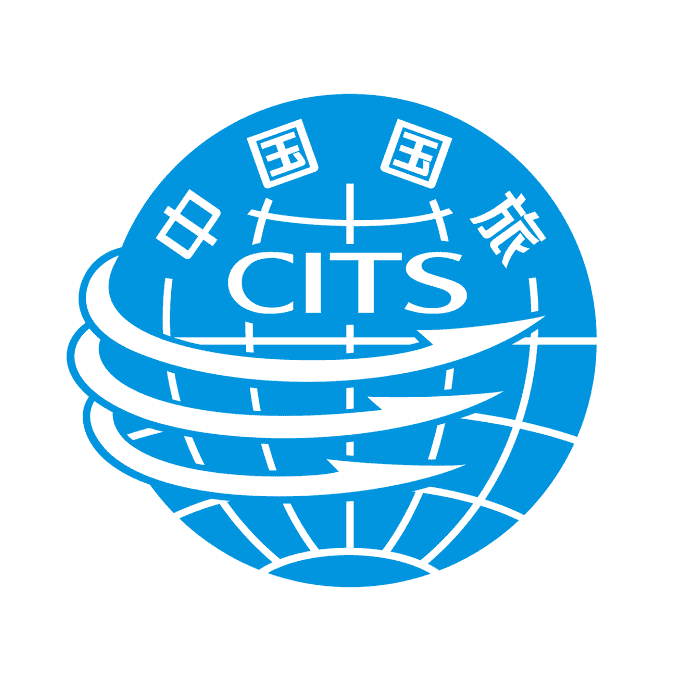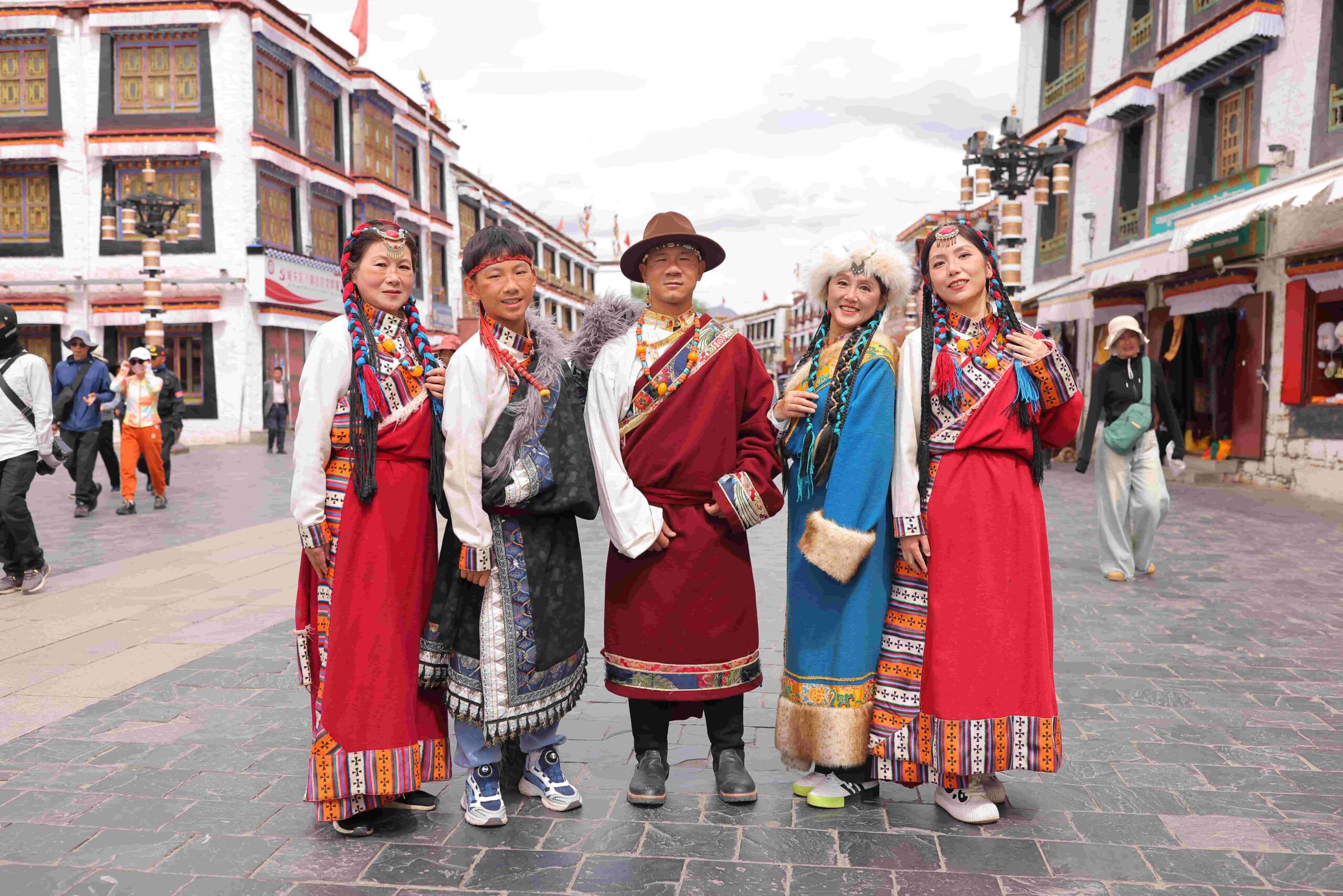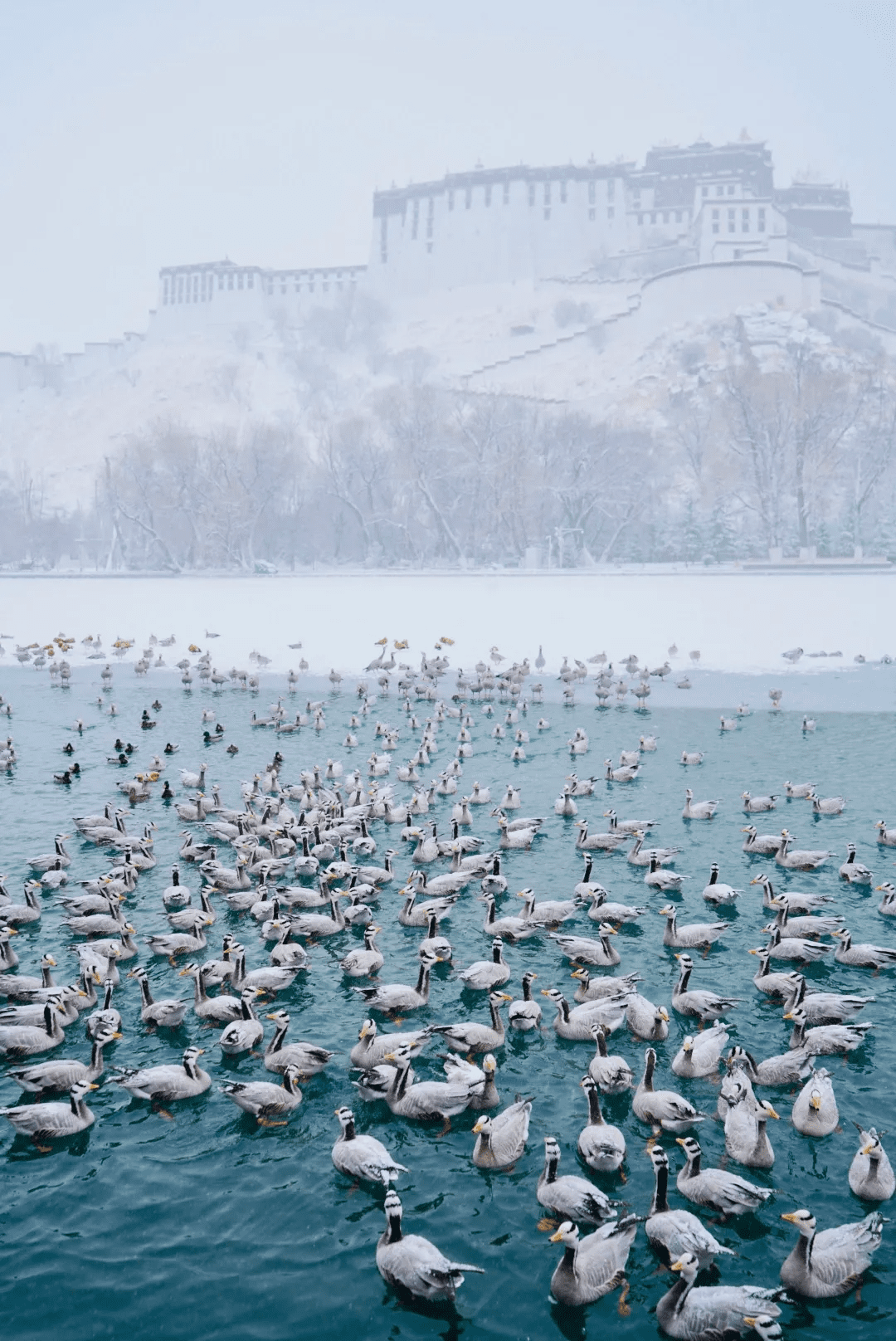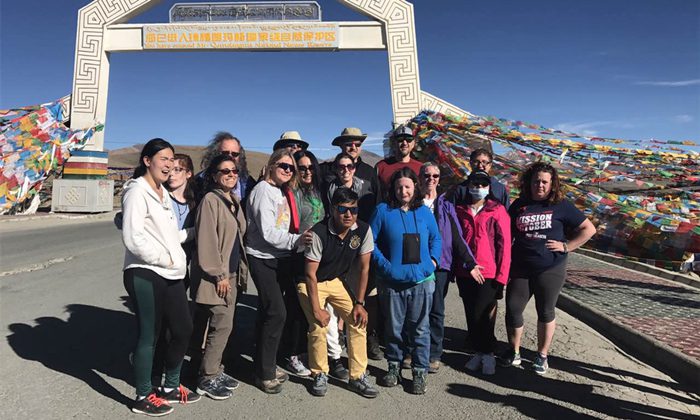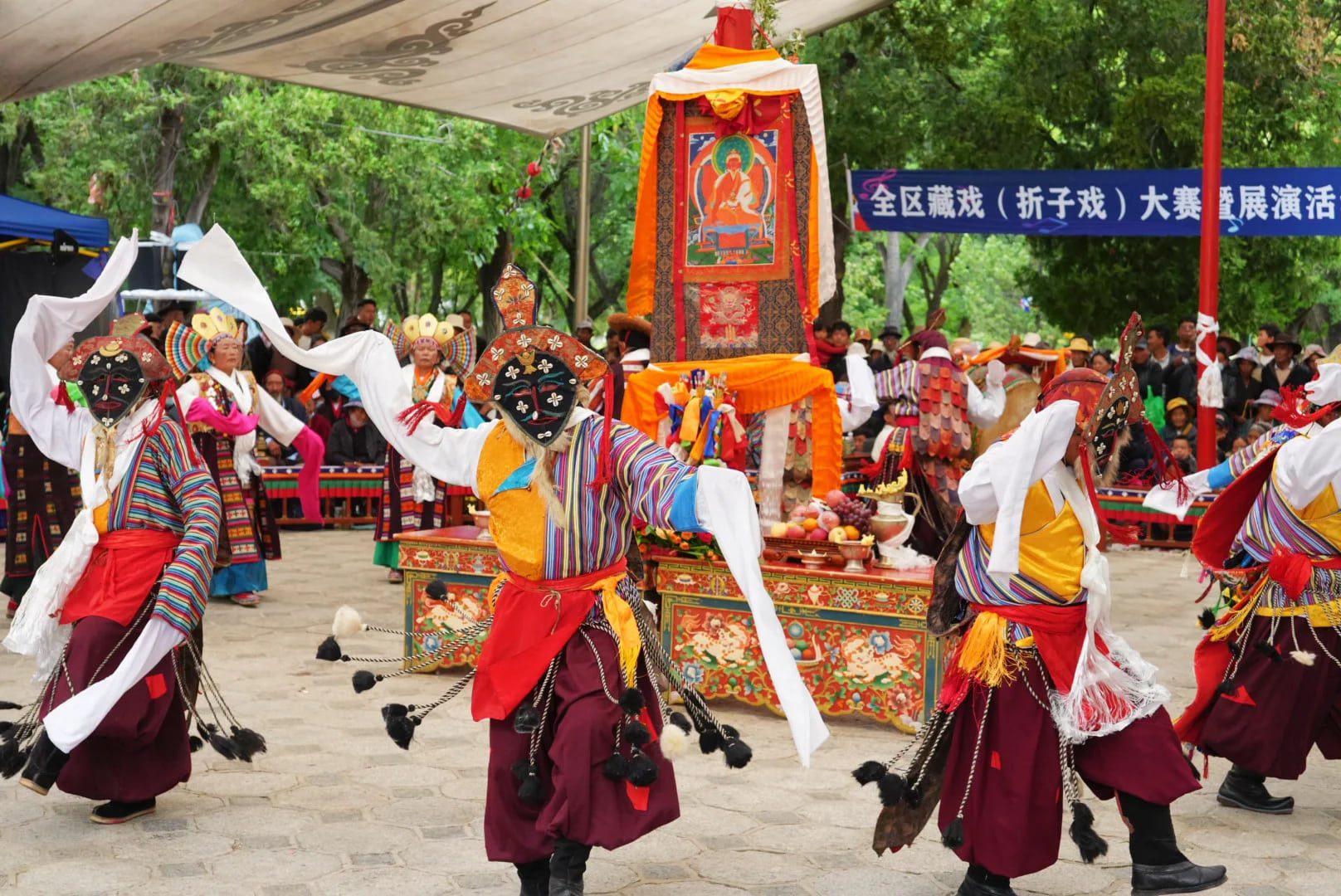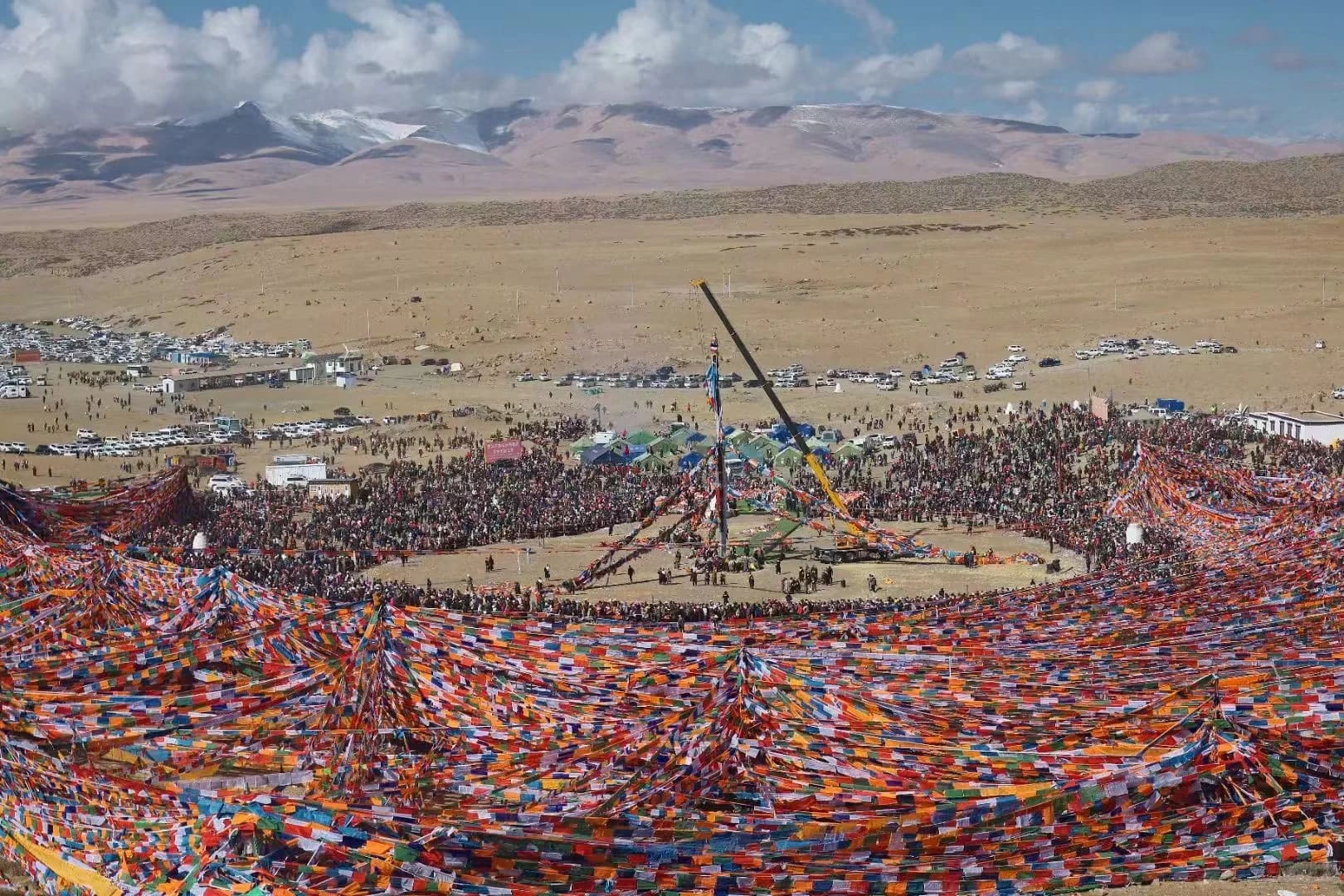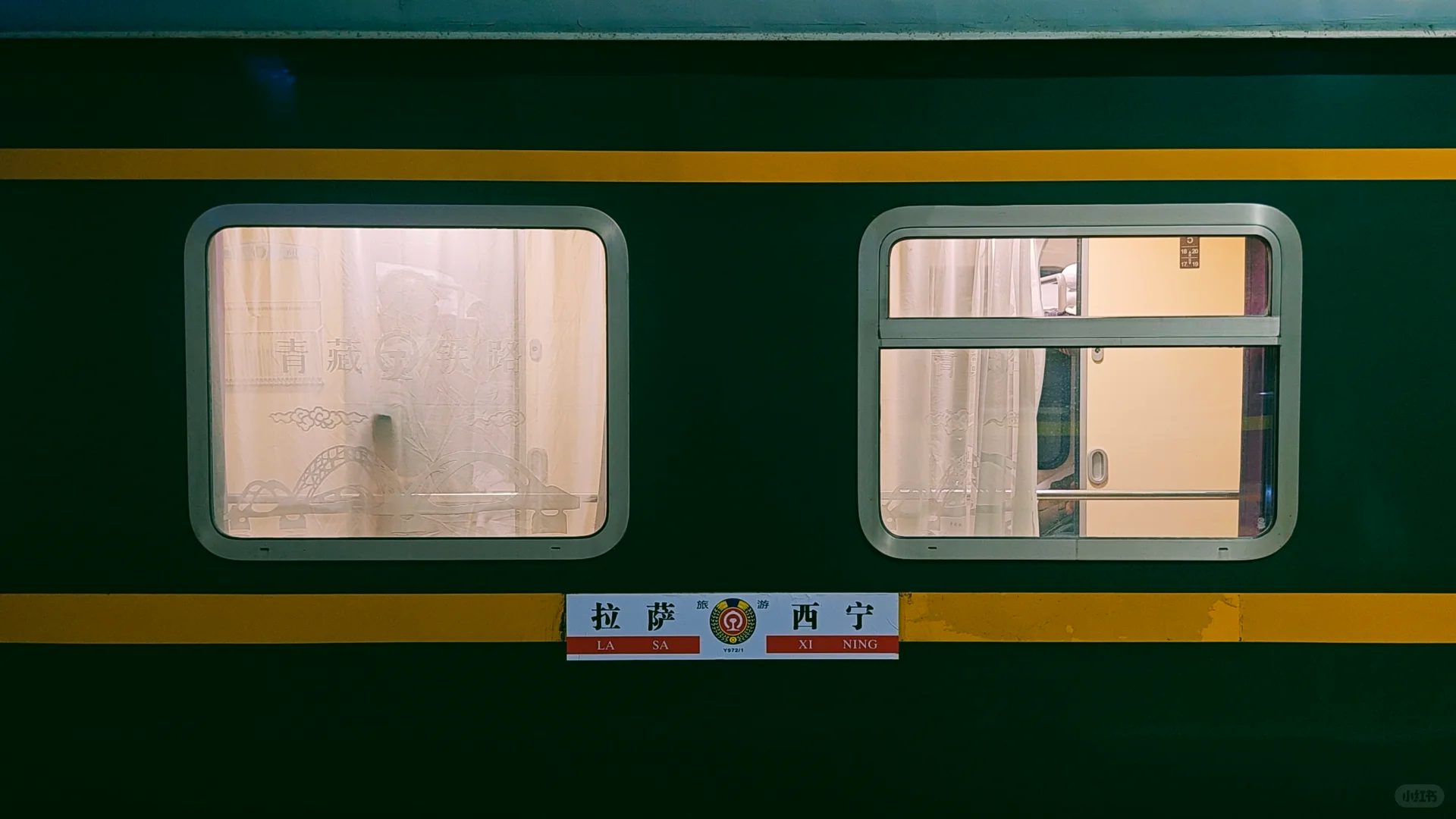Many people who are preparing for a trip to Tibet and the things to keep in mind often hear this in FB groups, Dcard, and PTT forums: "It's best not to bathe in Tibet" or "Bathe with caution".
We have received many questions from travelers: "Is it true that I can't take a shower in Tibet? "What should I do if I stink?"
First of all, let me give you an answer: this is not an absolute "ban on bathing", but rather, it's based on the following Climate, altitude, possible physical reactions, and local conditions. The suggestion or "legend" is generated by a number of factors.
Let's break down these reasons to help you figure out what the phrase "no showering" really means.
Climate and high altitude: Bathing in Tibet will actually make your body more tired.
Tibet is a high altitude region, with an average altitude of over 3000 meters above sea level. The air is thin, the temperature is low, and there is a huge difference in temperature between morning and evening.
Upon arrival, the body is struggling to adapt to the lower oxygen content of the environment, and blood circulation, heart rate, and even temperature regulation are more labored than on level ground.
If you take a hot bath right away under such conditions, the following problems may occur:
- Excessive temperature differenceHot water causes blood vessels to dilate, and when you leave the shower and get cold, your blood vessels contract rapidly, which can lead to dizziness, fatigue, or colds.
- physical exertion: At high altitude, the body needs more oxygen for all activities. Bathing accelerates the heart rate and respiration, which in effect increases the burden on the body.
- Dry and cracked skin: The climate in Tibet is extremely dry and frequent bathing can damage the skin's protective layer, making it more prone to cracking, itching and even peeling.
For this reason, most tour guides or doctors will recommend that "theFor the first two days after arriving in Tibet, try not to take a bath."
After your body has fully adapted to the climate, you can choose the right time and environment to clean.
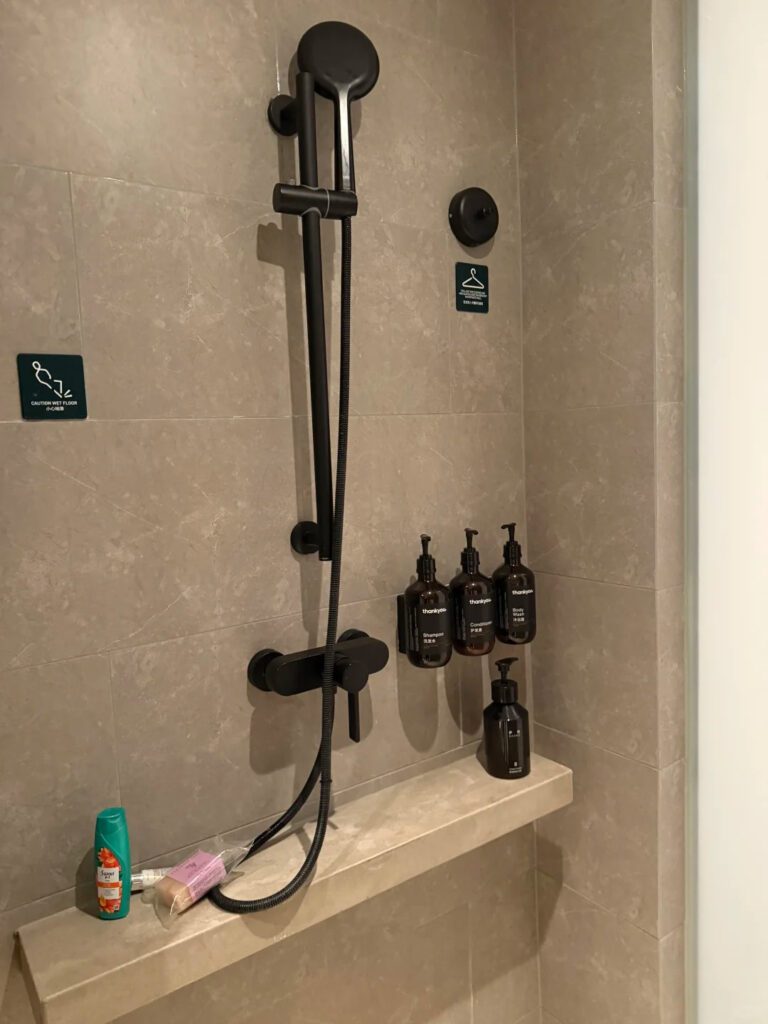
Limited facilities: Bathing is more "adventurous" than you think!
Apart from the climate problem, the bathing conditions in Tibet are totally different from those in the flatlands.
At present, most of the hotels in Tibet have relatively stable electricity supply or washing and combing, but the conditions in the highland areas and remote areas such as Everest Base Camp and Ali will have some limitations! It is better to take care of your health condition.
Common scenarios in remote areas include:
- Insufficient hot water pressure, easily hot and cold;
- The bathroom is not well ventilated and cold air comes in after showering;
- The insulation is poor and you can catch a cold if you are not careful;
- The water in some areas is high in minerals, which can cause skin irritation.
These factors make "bathing" in Tibet something to plan for.
As a result, many travelers simply use "wet wipes" or "no-shampoo sprays" to get through the first few days, and then take a shower later in the trip when they are physically able to do so.
The relationship between AMS and bathing: Why do tour guides advise you to "hold back"?
Many travelers wonder, "What does bathing have to do with altitude sickness?"
In fact, it is not the bathing that directly causes AMS, but rather the "stressful changes in the body caused by the bathing process" that may trigger symptoms.
Common symptoms of altitude sickness:
- Headaches, nausea, insomnia;
- Rapid heartbeat, shortness of breath and chest tightness;
- Chills in the limbs or dizziness.
When you are immersed in hot water, your blood circulation speeds up and your heart's output increases; however, in the oxygen-deprived conditions of the plateau, such speeding up may cause dizziness or breathlessness.
Sometimes you may even have a headache or tightness in your chest after taking a shower, which is a warning sign that your body has not yet adapted.
Therefore, tour guides will remind you: "Don't rush to take a shower when you first get to the plateau! This is not a superstition, but a way to let your body go through the adaptation period safely.
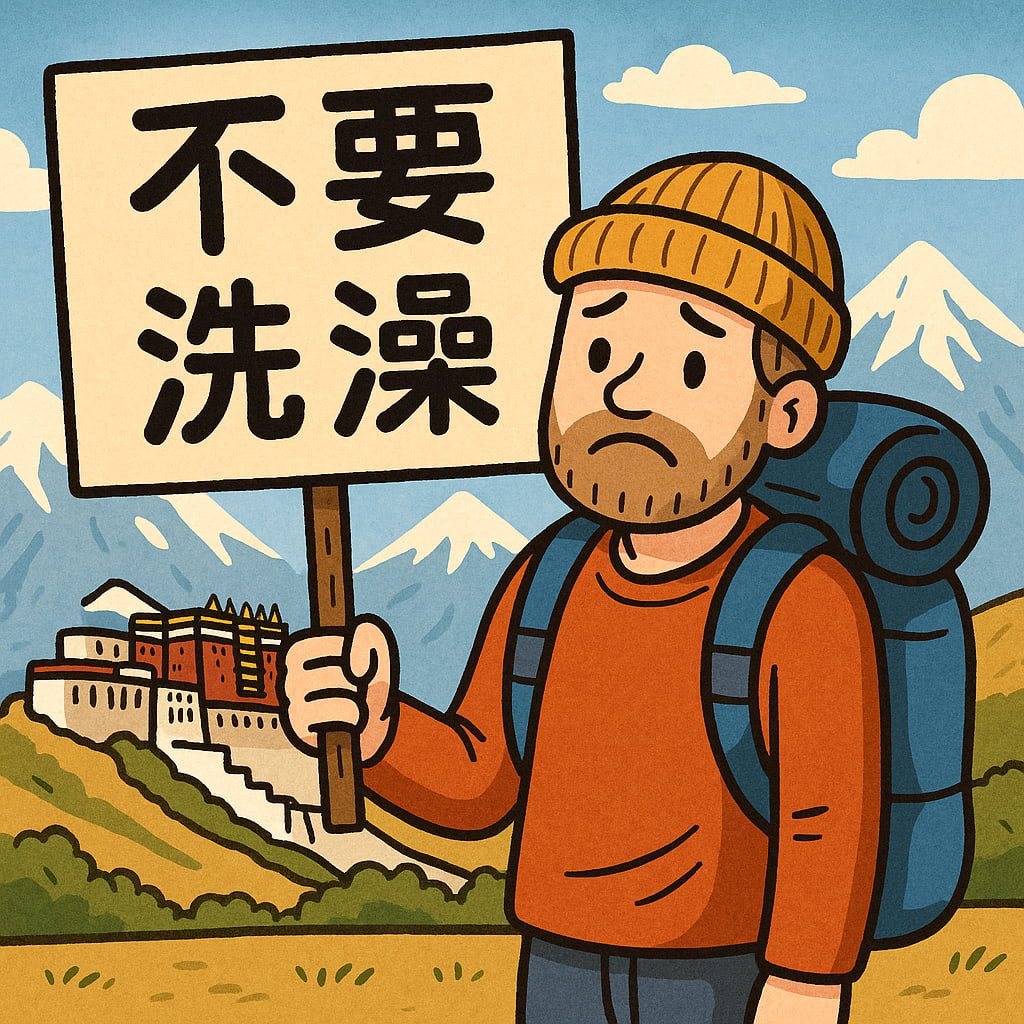
Local Culture and Lifestyle: Do Tibetans not bathe often?
Some people think that Tibetans do not bathe, but this is actually a misunderstanding.
In ancient Tibet, due to the high temperature and lack of water, it was not easy to take a bath, but modern Tibetans, especially those living in urban areas such as Lhasa and Linzhi, bathe regularly just like the general public.
However, the traditional concept of bathing is that it is an "energy-draining" behavior and is not encouraged in cold regions.
In addition, Tibetan medicine recognizes that there are three major elements of energy in the human body: wind, gall bladder, and phlegm.
Uneven heating and cooling during bathing, and obstruction of blood circulation, can easily lead to excessive "wind", which means dizziness, coldness, fatigue and other symptoms.
That's why locals advise outsiders not to take a shower when they first arrive - both culturally and physically.
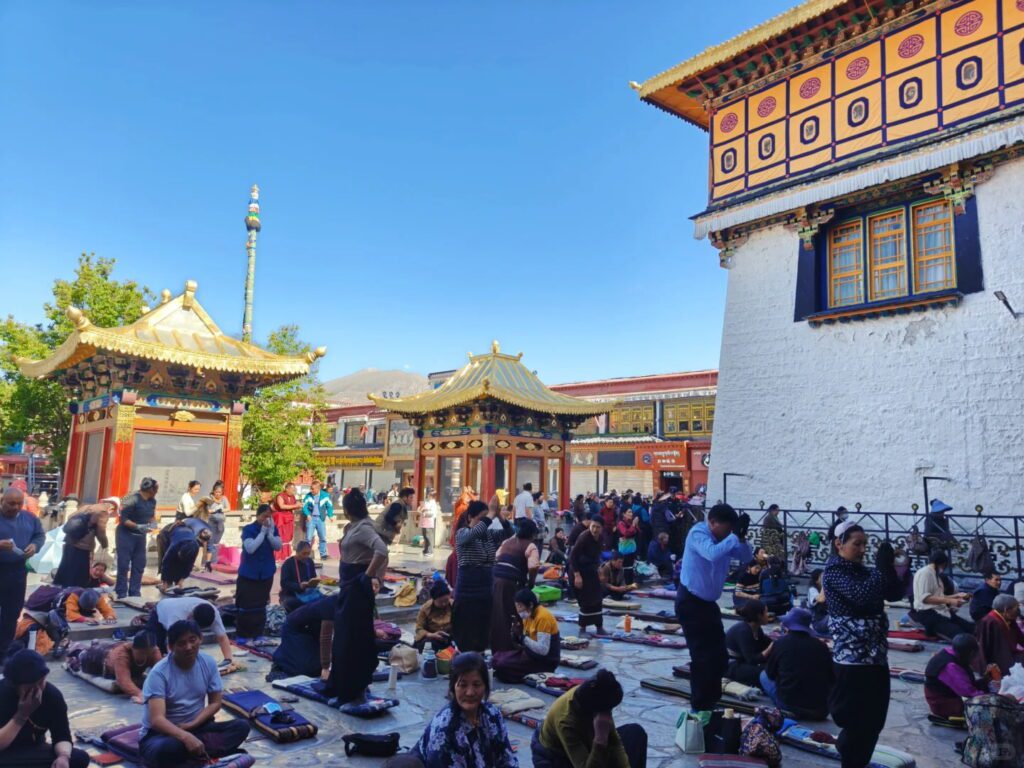
Travel Advice: How to bathe safely in Tibet?
If you really can't stand not taking a shower, don't worry! Here are safety tips compiled by professional tour guides and doctors:
Recommended Practice:
- Don't bathe for the first two days of arrival.: Give your body time to adapt to the highland climate.
- Choose a hotel with stable hot water and a warm environment.It is best to wash after staying in cities like Lhasa and Linzhi.
- Control water temperature and timeDo not take a bath that is too hot, not too long, and not too long, 37-40°C is good. So try not to take a bath!
- Dry and keep warm immediately after washing.: Pay particular attention to your hair and the soles of your feet to avoid cold drafts.
- Avoid bathing after drinking alcoholAlcohol dilates blood vessels, increasing the risk of dizziness and heat loss. Alcohol is also not recommended on the plateau!
- Use dry cleaning or scrubbing instead: e.g. Wet wipes, non-washable bath cloths, etc.
Situations to be avoided:
- Take a bath or spa the day you arrive in Tibet;
- Wash hard even when you are tired, have headache, or have tightness in the chest;
- Forced bathing at high altitude and poorly insulated lodgings;
- Use cold water and rinse for a long time.
- The hair's not dry.
As long as you master these principles, bathing in Tibet is actually no problem at all, you just have to choose the right "time" and "method".
Don't be afraid of the odor! Recommended "Lazy Person Cleaning Techniques" for those who can't take a bath in the highlands.
If you can't take a shower every day during your trip, don't worry too much, here are a few simple and practical tips:
- Dry Cleaning Bath Cloths: There are a number of no-rinse bath towels, which are very convenient.
- Alcohol swabs / disinfectant wipes: Wipe underarms, hands and feet, and other key areas of the body.
- Dry Shampoo SpraySpray on and wipe off with a towel to minimize greasiness.
- Moisturizing Lotion: Prevents dry and cracked skin, especially on hands and feet.
- Wet wipes.Tibet can be bought everywhere, can be bought to wipe the body.
These methods not only keep you clean, but also prevent dry skin and colds caused by over-bathing.
So ... You can't take a bath when traveling to Tibet? Actually, you have to pay attention to the time of bathing.
"No bathing in Tibet" is not a hard and fast rule, but a suggestion to take care of your body.
The point is not "can you wash it or not" but "can you wash it"?When and how to wash safely".
- When you first arrive at the plateau, let your body adapt to the environment;
- After you have stabilized your strength, you can take a bath at a hotel with better conditions;
- Keeping warm, preventing colds, and avoiding overwork are more important than bathing every day.

